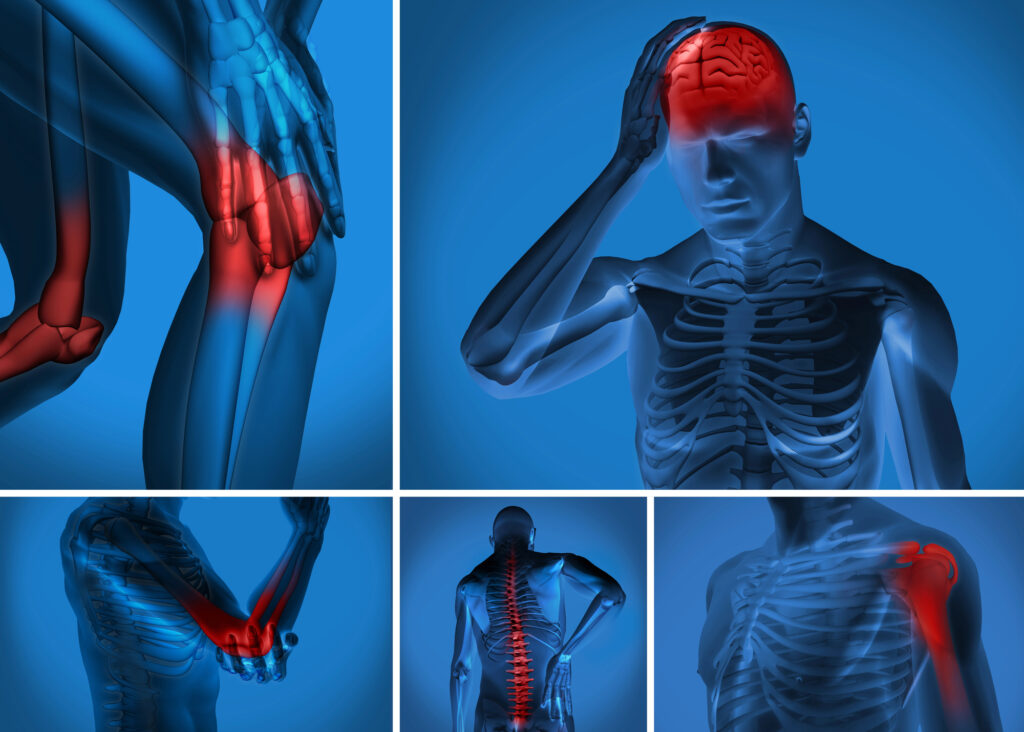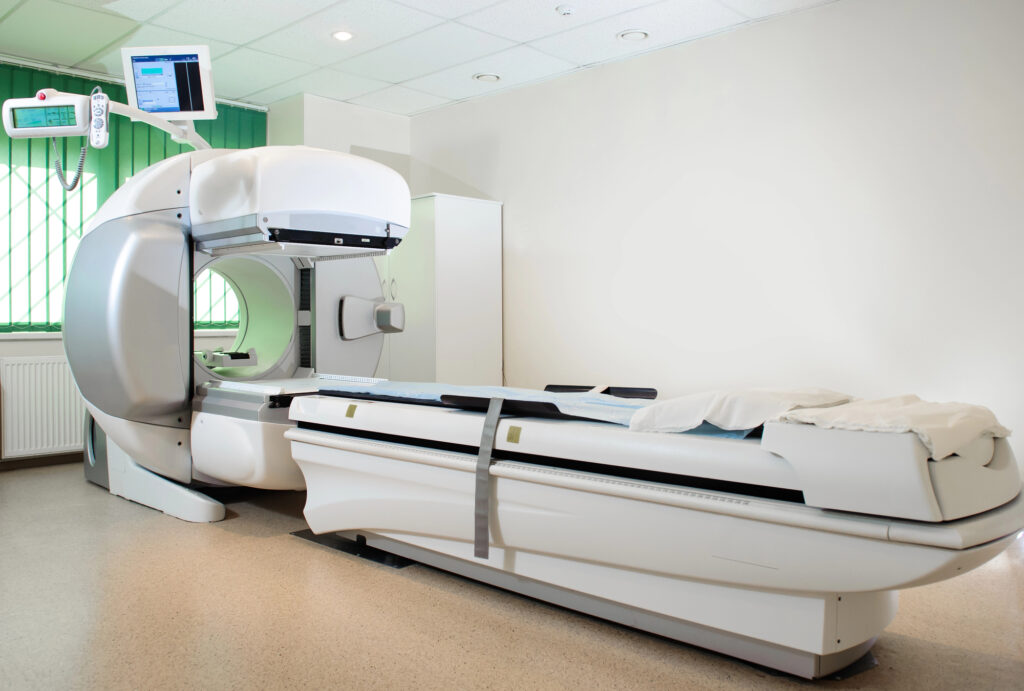Ways to Define Yourself as a Doctor in Pain Management
Chronic pain can come in many forms, and unless we somehow find a cure-all for human ailments, pain is likely to remain a part of our everyday lives. While most people are fortunate enough to not have to suffer from pain persisting longer than a few months, there are others who are expecting to deal with chronic pain for the rest of their lives. That is why, now more than ever, we need healthcare professionals who are experienced in treating and managing pain, no matter what form it takes.
What is Chronic Pain?
Chronic pain is defined as pain that persists longer than three months. This can come from any condition or injury that adversely affects one or multiple of the fourteen systems of the human body. Simply put, it is pain that has become a part of daily life.
Thankfully, for as many conditions there are that can lead to chronic pain, there are just as many specialties in healthcare that help to treat and manage chronic pain. From interventionalists to surgeons to therapists, it takes dedicated providers who are compassionate about their patients to help them achieve a better quality of life. Here are the most prominent specialties in medicine that help treat and manage chronic pain.
Primary Care
A Primary Care Doctor will often be the first doctor someone sees when they are experiencing consistent pain that is not going away. Primary Care is an extensive field that focuses on generalized care and preventative screening for a myriad of patients of different demographics. Primary Care Doctors also do not need additional board training or certifications that would be required to run a specialty office, so it is the quickest field to get started in and establish yourself.
As a Primary Care Doctor, you would likely be the one to order radiology, bloodwork, and various other tests to help identify and diagnose the source of a patient’s pain symptoms. For complex cases, you would also help a patient find a specialist clinic that can best treat their source of chronic pain.
Neurology & Neurosurgery

There are over seven trillion nerves in the human body, all categorized by one of four functions: motor, sensory, autonomic, and cranial. Each individual nerve serves a different function that allows you to live, feel, and interact with the world around you. So what happens when someone experiences an injury or illness that can damage these nerves?
Neurologists and neurosurgeons focus on diagnosing and treating these damaged nerves, most often by examining either the brain or spine, where the central nervous system is housed in our bodies. They also diagnose and treat issues associated with the muscles and peripheral nerves (nerves that stem into your arms and legs). Neurosurgeons can specialize in specific parts of the body to treat pain etiology through surgery, and can perform procedures including spinal disc decompression and spinal fusions. They also have access to different implants designed to help treat pain, such as spinal cord stimulators.
Orthopedics

Of course, there is also the possibility that the source of someone’s chronic pain can come from bones and joints. Roughly 1 out of 4 adults in the United States have arthritis – a disease that is characterized by swelling and inflammation in the joints (just to name statistics of one of the many diseases out there that can affect your joints). Orthopedic injuries and diseases are common sources of pain for many patients.
Like Neurosurgeons, Orthopedic Surgeons can also perform a multitude of procedures to help treat pain that stems from various joints, including the knee, shoulder, and hips. It is common practice for Orthopedic Doctors to specialize in one or two joints, so that they may focus, diagnose, and treat their chosen joints with their full knowledge and attention. Orthopedics can also broaden their purview by studying chiropractic care, osteopathic manipulation, and orthobiologics.
Pain Medicine and Anesthesiology

There are some health conditions that are likely to affect someone for the rest of their life, including Fibromyalgia, Complex Regional Pain Syndrome, and Post-laminectomy (post-surgical) Syndrome. For these conditions, where conservative and surgical intervention may not be an option for helping someone fix their pain, they may be referred to Pain Management.
Pain Management Providers can include Interventionalists, Internal Medicine Doctors, Physical Medicine and Rehabilitation Doctors, and Anesthesiologists. Pain Management Doctors often see patients who need help to manage pain symptoms that have become chronic or otherwise incurable through normal means.
They’ll often use injection therapy, targeted drug management therapy, and highly technical care plans in order to help patients regain and maintain a good quality of life, helping them learn to live with their pain symptoms while reducing dependency on opioid medications as much as possible. Some Pain Management Providers also get additional training to perform low-risk surgical procedures that would normally be reserved for Orthopedics and Neurology.
Oncology

Cancer is a category of diseases that is caused by uncontrolled cell division in one or multiple parts of the body, causing abnormal growths to occur and body function to shut down. Cancer contributes massively to the overall burden on our healthcare system, and to the burden on families. Oncologists are doctors who treat and manage these diseases.
Like Pain Management, Oncologists use targeted drug management therapy and technical care plans to help treat patients suffering from cancer and cancer-related pain. They’ll also use nuclear medicine, radiology, and surgery in collective efforts to help eliminate and remove the source of their patient’s cancer. Oncology is overall a very difficult but highly rewarding field for students looking to make a major difference in not just their patients’ lives, but the lives of their family.
How Will You Help Others in Pain?
Pain Management is growing to be a massive field in medicine, as comorbidities are becoming more prevalent and as patients are recognizing signs and symptoms of atypical pain. For as many sources of pain as there are, there are just as many specialties and subspecialties in medicine designed to help combat chronic pain. The different tools and methods are improving as well, with new techniques and tech being developed every day; men and women are pioneering new ways to help their patients obtain a better quality of life.
Have questions about where to start? Be sure to explore our resources on how to diversify and define yourself as a physician in a growing field of medicine.

